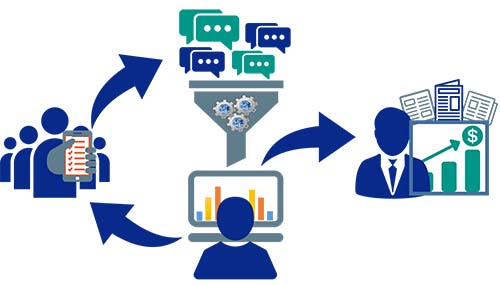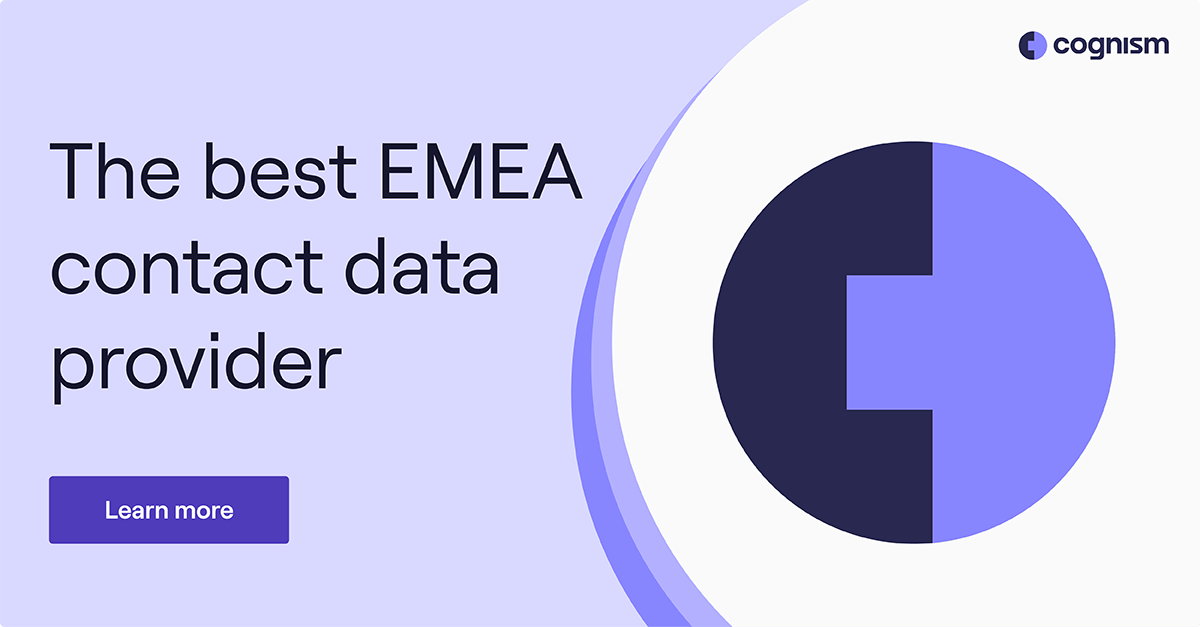Comparing Popular Database Providers: Features and Pricing
Comparing Popular Database Providers: Features and Pricing
Blog Article
Key Functions to Seek When Selecting a Data Source Provider
Choosing a data source provider is a vital choice that can significantly affect your company's data and operations monitoring approach. Among the vital functions to take into consideration are scalability options, which guarantee that your system can adjust to expanding needs. Protection procedures, performance metrics, and client support likewise play crucial duties in this evaluation process. As you weigh these elements, it ends up being obvious that the option is not just concerning capability yet additionally concerning straightening with your lasting vision. What various other factors to consider might affect this vital choice?
Scalability Options
When picking a data source supplier, recognizing scalability choices is important to guaranteeing that the chosen solution can suit future development. Scalability refers to the capacity of a data source system to broaden its capacity and efficiency in feedback to boosted demand. There are 2 main kinds of scalability: vertical and straight.
Vertical scalability, or "scaling up," involves boosting a single web server's sources, such as CPU, RAM, or storage. This strategy can be cost-efficient and simple for smaller applications yet may get to a limit where better upgrades are too pricey or impractical.
Straight scalability, or "scaling out," involves including more web servers to distribute the tons. This approach enables for greater versatility and can accommodate considerable rises in data quantity and user web traffic (database provider). It is particularly helpful for cloud-based data source services that can dynamically allot resources based on need

Protection Procedures

When evaluating protection procedures, think about the implementation of security procedures (database provider). Data-at-rest and data-in-transit encryption are vital to make certain that delicate information continues to be secured, even in the occasion of a safety breach. In addition, search for service providers that supply strong authentication systems, such as multi-factor authentication (MFA), to better improve accessibility control
Routine protection audits and conformity with industry requirements, such as GDPR or HIPAA, are indicative of a provider's dedication to data security. Moreover, ask concerning their event response plan; a durable plan can lessen the impact of any type of possible safety and security case.
Performance Metrics
Reviewing performance metrics is vital for companies to guarantee that their picked data source company fulfills operational demands. Trick efficiency metrics include action throughput, scalability, and time, which jointly determine the effectiveness of data source procedures under differing loads.
Reaction time is important, as it mirrors just how quickly the database can process inquiries and return outcomes. Organizations needs to seek metrics that indicate average reaction times during height and off-peak hours. Throughput, commonly gauged in purchases per 2nd (TPS), provides insight into the database's ability to handle high volumes of requests without performance degradation.
Scalability assesses the database's capacity to expand with the company's demands. A durable data source supplier need to show vertical and horizontal scaling capabilities, allowing for smooth adjustments as needs rise and fall. In addition, recognizing latency, especially in distributed systems, can help organizations review the responsiveness of the data source throughout different geographical places.
Customer Support
Reliable client assistance is a cornerstone of reliable database administration, giving organizations with the help required to optimize and settle problems performance. When choosing a database carrier, image source assessing the degree of client assistance they provide is essential. A durable support system must include several networks of communication, such as phone, e-mail, and live chat, making sure that users can access assistance whenever they need it.
Furthermore, receptive support groups that are readily available 24/7 significantly boost the reliability of the data source solution. Prompt action times and effective resolution of issues can significantly minimize downtime and increase overall efficiency. It is additionally advantageous to think about the schedule of devoted support Discover More Here employees, that can offer tailored help based upon an organization's particular requirements.

Pricing Framework
When considering a data source company, the pricing framework is a pivotal variable that can significantly influence a company's spending plan and overall method. A transparent and versatile pricing model is crucial for aligning the database costs with service demands - database provider. Organizations should assess whether the prices is based upon intake, per individual, or a flat price, as each version can generate various financial ramifications gradually
It is necessary to examine any type of extra expenses connected with the carrier's solutions, such as information storage space fees, transaction costs, and support charges. Some companies may provide tiered prices, enabling scalability as the organization grows, while others may impose strict limits that could become costly as information needs raise.
In addition, companies need to take into consideration the lasting worth of the database service. While lower initial rates can be enticing, they might not represent future upgrades, maintenance fees, my latest blog post or assimilation prices. Carrying out a complete cost-benefit evaluation will help recognize one of the most appropriate pricing framework that stabilizes support, efficiency, and scalability, eventually ensuring that the picked data source service provider aligns with the company's functional and financial purposes.
Final Thought
In conclusion, choosing a data source provider requires cautious factor to consider of various crucial functions. Reviewing performance metrics enables the identification of effective data sources, and accessible customer support improves the general customer experience.
Picking a data source provider is a vital choice that can dramatically influence your company's procedures and information management strategy.When selecting a database service provider, comprehending scalability choices is important to making sure that the picked option can suit future development. When choosing a database company, examining the level of customer support they offer is essential.When considering a database provider, the rates framework is an essential aspect that can considerably impact an organization's spending plan and total method. Conducting a detailed cost-benefit evaluation will aid recognize the most appropriate prices framework that balances performance, scalability, and assistance, inevitably making sure that the chosen database carrier lines up with the organization's economic and functional goals.
Report this page